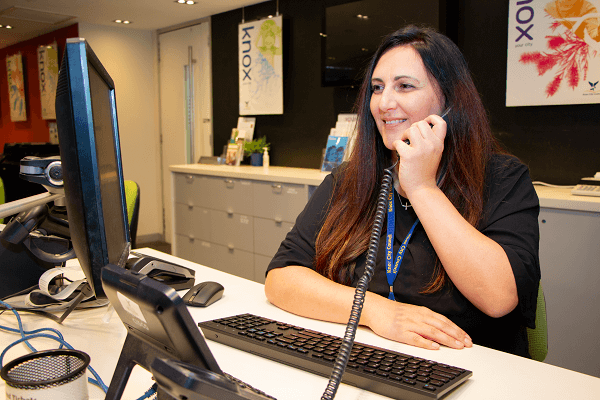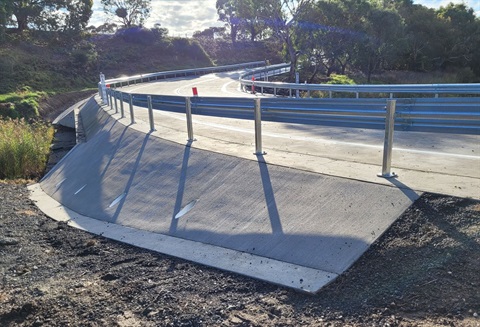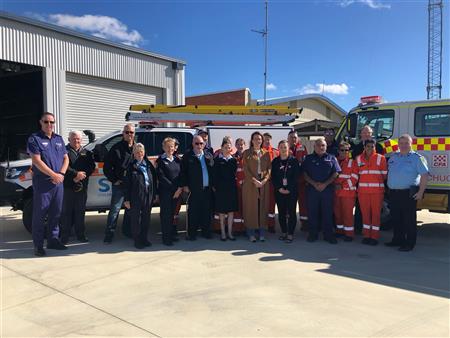The homelessness sector has united to discuss the impacts, efforts and positive outcomes over the past 20 weeks in response to the COVID-19 pandemic and called on a ‘HomeSeeker Package’ to end rough sleeping homelessness in Australia for good.
“Our estimates show that approximately 16,000 individuals and family units experiencing homelessness have received temporary accommodation in hotels and motels with health and social supports across Australia as part of state and territory COVID-19 temporary accommodation responses,” Professor Paul Flatau, Director of the Centre for Social Impact at University of Western Australia said.
“Many of those receiving support are those sleeping rough. The aim now is to provide permanent housing for people and not see people return to homelessness.”
CEO of the Australian Alliance to End Homelessness, David Pearson, said many states were taking positive steps to respond to rough sleeping homelessness, but a national strategy – a ‘HomeSeeker Package’ – is needed to end rough sleeping homelessness.
“Today’s $150 million announcement from the Victorian Government shows the kind of leadership we need to break the cycle of homelessness, but a nationally consistent approach is needed,” Mr Pearson said.
“Ending homelessness is possible – it is a solvable problem. Despite the common misconception, the scale of homelessness in Australia is entirely solvable. Considering there are approximately 8,200 people who sleep rough on any given night in Australia, the responses we’ve seen have been a pronominal effort.
Many people think ending homelessness is a pipe dream, but it’s not. We need a national strategy that uses successful models from around the world, such as the Housing First approach which ended homelessness in Finland, or the local community collaborations in the United States of America which has seen thirteen communities end homelessness so far.
There has never been a better time to end homelessness in Australia – given the significant responses to COVID-19 that we have seen – this is our opportunity to do something that is not only needed, but achievable.”
Karyn Walsh, CEO of Micah Projects and Chair of the Australian Alliance to End Homelessness said that “Many of the people we have helped have been so grateful. One said that she was just so thankful for the support because she feared she would be forgotten about.”
The webinar discussed the different state and local responses to rough sleeping homelessness over the past 20 weeks since COVID-19 was declared a pandemic. Sector representatives from Micah Projects (QLD), Homelessness NSW (NSW), Launch Housing (VIC), Salvation Army (TAS), ACT Shelter (ACT), Neami (SA) and WA Alliance to End Homelessness (WA) shared their state’s most recent updates to show the impact COVID-19 responses have had on rough sleeping homelessness.
A recording of the forum can be accessed here.
Key points by state:
- Australian Capital Territory: ACT Shelter, has reported an increased 23% demand for domestic violence services since the COVID-19 pandemic. In response, they have repurposed MacKillop House as a refuge emergency respite for homeless women, providing 20 single rooms for single women and six independent townhouses for women with children. The ACT has placed 22 people in permanent housing since March.
- New South Wales: 8,221 individuals and families have been supported to mid-July throughout the COVID-19 temporary accommodation homelessness response. During May, there were approximately 2,200 people housed in hotels and motels, with at least 600 of them being rough sleepers. NSW has seen increased demand for specialist homelessness services for women during the COVID-19 pandemic.
- Queensland: Micah Projects has reported that 2,445 households (including families and individuals) have been supported with emergency housing assistance as of 14 July 2020. Of these, 1,017 households have been assisted into permanent housing placements. Out of the people supported in hotels from rough sleeping and homelessness, 24% are Indigenous and Micah have been working with Aboriginal and Torres Strait Islander organisations to link these people with appropriate supports. Additionally, 40% of the people they have supported have been women.
- South Australia: In Adelaide, 542 rough sleepers had received temporary accommodation through the COVID-19 Emergency Accommodation Response for Rough Sleepers (CEARS) response which ended on 30 June 2020. Out of these individuals, 511 were adults and 31 children. As of today, 72 people remain in hotels and motels – all of which are adults.
- Tasmania: Safe Night Space – initially run as a pilot in December 2019 for people sleeping rough in greater Hobart – was expanded statewide during the pandemic. The Tasmanian Government has also extended the COVID-19 emergency period for residential tenancies to 30 September 2020. By 1 June 2020, the Salvation Army supported 272 people who were sleeping rough.
- Victoria: The state has supported approximately 4,500 households experiencing or at risk of rough sleeping homelessness so far during COVID-19. Launch Housing have 740 current clients they are supporting. However, since 16 March they have supported 2,268 people at risk of or sleeping rough. Of these, 73.9% were already known to Launch Housing.
- Western Australia: Based on the WA Alliance to End Homelessness by-name list, covering metropolitan Perth and Fremantle, 380 people from the 780 listed as homeless are listed as actively rough sleeping. In response to COVID-19, 71 people were moved into housing.
About the Alliance to End Homelessness
The Australian Alliance to End Homelessness (AAEH) is an independent champion for preventing and ending homelessness in Australia – starting with rough sleeping homelessness. The AAEH supports Australian communities to individually and collectively end homelessness. Specifically, we work with local communities at all levels to ensure everyone has access to safe and sustainable housing services and that any incidents of homelessness that do occur are rare, brief and non-recurring.








